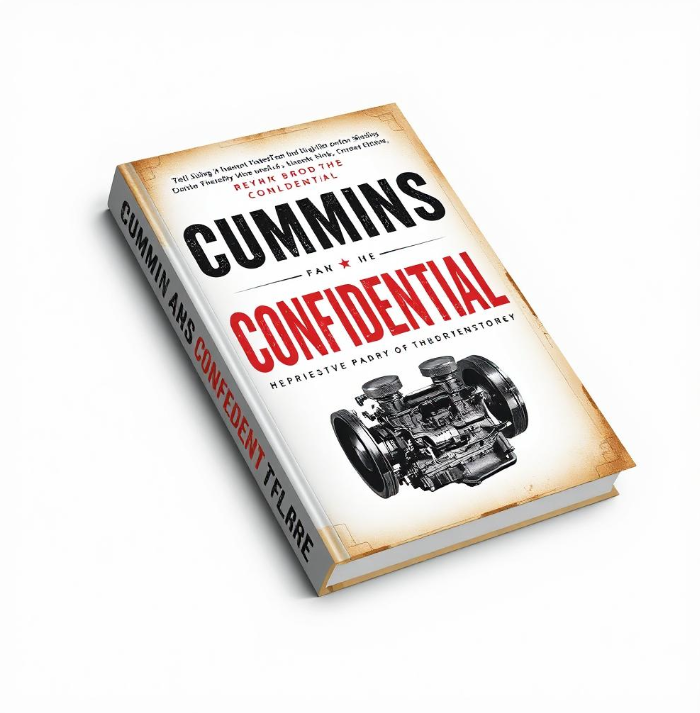
There are times when a simple word can stop the rot. When reputational wounds fester not from the act itself, but from the response. Cummins’ statement following the record-breaking $1.675 billion emissions settlement was many things: legally crafted, technically neutral, studiously bland. But it wasn’t an apology.
No wrongdoing admitted. No bad faith conceded. No regret expressed. Just a quiet attempt to move on.
The world noticed.
Investors saw a crisis without contrition. A company eager to put a scandal in the rear-view mirror without glancing at those it may have wronged. Customers, suppliers, and even prospective partners took note. Some, reportedly, began to ask questions.
Here’s what Cummins said, verbatim:
“Cummins has seen no evidence that anyone acted in bad faith and does not admit wrongdoing.”
That was it. One of the largest emissions-related fines in history, and not a single syllable of remorse.
Let’s be clear: apologies aren’t about guilt. They’re about leadership. When Toyota faced safety recalls, it apologised. When Johnson & Johnson weathered the Tylenol crisis, it led with humility. These companies understood that markets forgive missteps, but not stonewalling.
Cummins, by contrast, is playing it cool. But cool is cold, and cold is costly. On Monday alone, the company saw nearly a billion dollars shaved off its market cap in early trading. Whispers of big tech partners conducting due diligence? They don’t play well with unresolved reputational risk.
Investors aren’t just looking at the emissions. They’re looking at the culture.
The silence is beginning to speak volumes.
If Cummins wants to steady the ship, rebuild trust, and keep high-profile partnerships alive, it doesn’t need another round of boilerplate. It needs a simple, strategic, human response.
It needs to say sorry.
Because right now, the world is still waiting.
Lee Thompson – Founder, The Cummins Accountability Project
